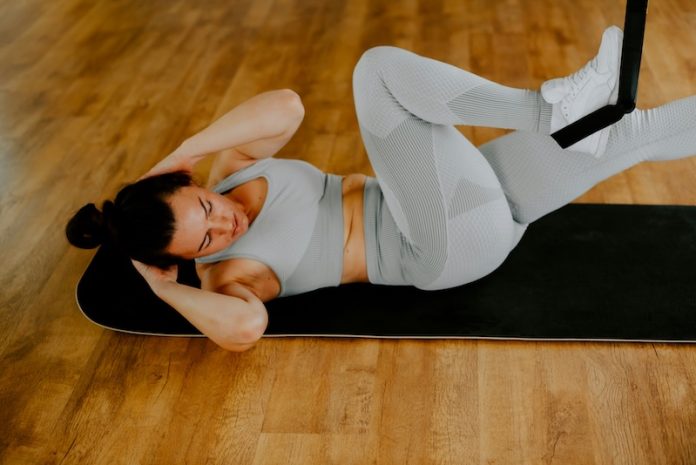
You don’t have to work out every day to live a longer, healthier life. According to a new study published in the Journal of the American Heart Association, people who pack all their weekly exercise into one or two days—often called “weekend warriors”—can get the same life-extending benefits as those who spread physical activity throughout the week.
The key is not how often you move, but how much and how hard. As long as adults reach at least 150 minutes of moderate to vigorous physical activity each week—as recommended by both the World Health Organization and the American Heart Association—their risk of dying from heart disease, cancer, or any cause is significantly lower.
This can include structured workouts like jogging or cycling, or even household chores like gardening, dancing, or cleaning, as long as the intensity is moderate to vigorous.
Lead author Dr. Zhi-Hao Li, an epidemiologist from Southern Medical University in China, said the findings offer good news for busy people who find it hard to exercise every day. “This research provides reassuring evidence that even sporadic physical activity can have lasting health benefits,” he said.
The study used data from over 93,000 adults in the UK Biobank, a large biomedical database. Participants were aged between 37 and 73 years old, with an average age of 62. More than half were women and 97% were white.
Physical activity was tracked using wrist accelerometers over seven days, which gave researchers a more accurate picture of movement than asking people to recall their exercise habits.
Participants were sorted into three groups:
Weekend warriors who completed most of their weekly exercise in just one or two days;
Active regulars who spread their exercise across the week;
Inactive individuals who didn’t reach the 150-minute minimum.
The researchers followed participants for about eight years. During that time, nearly 4,000 people died—17% from cardiovascular disease and 45% from cancer.
Compared to the inactive group, weekend warriors had a 32% lower risk of death from all causes, 31% lower risk from heart disease, and 21% lower risk from cancer. Active regulars also saw major benefits, with a 26% lower risk of death from all causes, 24% from heart disease, and 13% from cancer.
Interestingly, there was no significant difference in death risk between weekend warriors and those who exercised more regularly—meaning you can still enjoy major health benefits even if you only move on the weekends.
Dr. Keith Diaz, a physical activity expert from Columbia University who was not involved in the study, said the results are encouraging. “Many people struggle to fit in daily exercise during the workweek,” he said. “But this research shows that even if you can only be active on the weekends, you can still gain meaningful health benefits.”
However, Diaz did offer a word of caution. Fitting all your exercise into one or two days might be harder on your body, and weekend warriors may face a slightly higher risk of injuries like strains or sprains. He recommends warming up properly and gradually increasing exercise time to avoid overdoing it.
The study also had a few limitations. It only measured physical activity at one point in time, and since most participants were white and living in the UK, the findings might not apply to all populations. The researchers hope future studies will include more diverse groups and consider other factors like genetics or environment.
Still, the takeaway is clear: you don’t need to exercise every day to protect your health. What matters most is reaching that 150-minute mark each week, whether you do it in small amounts or all at once. So if weekdays are packed, don’t worry. A couple of active weekends can still go a long way in helping you live a longer and healthier life.
If you care about muscle, please read studies about factors that can cause muscle weakness in older people, and scientists find a way to reverse high blood sugar and muscle loss.
For more health information, please see recent studies about an easy, cheap way to maintain muscles, and results showing these vegetables essential for your muscle strength.
The research findings can be found in the Journal of the American Heart Association.
Copyright © 2025 Knowridge Science Report. All rights reserved.


